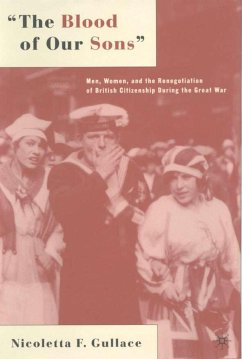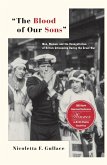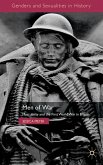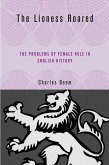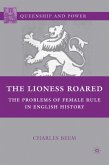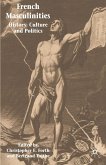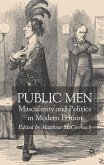Winner of the 2003 North American Conference on British Studies Annual Book Prize! In this extraordinary study of the complex relationship between war, gender, and citizenship in Great Britain during World War I, Nicoletta F. Gullace shows how the assault on civilian masculinity led directly to women's suffrage. Through recruiting activities such as handing out white feathers to reputed "cowards" and offering petticoats to unenlisted "shirkers," female war enthusiasts drew national attention to the fact that manhood alone was an inadequate marker of civic responsibility. Proclaiming women's exemplary service to the nation, feminist organizations tapped into a public culture that celebrated military service while denigrating those who opposed the war. Drawing on a vast range of popular and official sources, Gullace reveals that the war had revolutionary implications for women who wished to vote and for men who were expected to fight.
Hinweis: Dieser Artikel kann nur an eine deutsche Lieferadresse ausgeliefert werden.
Hinweis: Dieser Artikel kann nur an eine deutsche Lieferadresse ausgeliefert werden.

